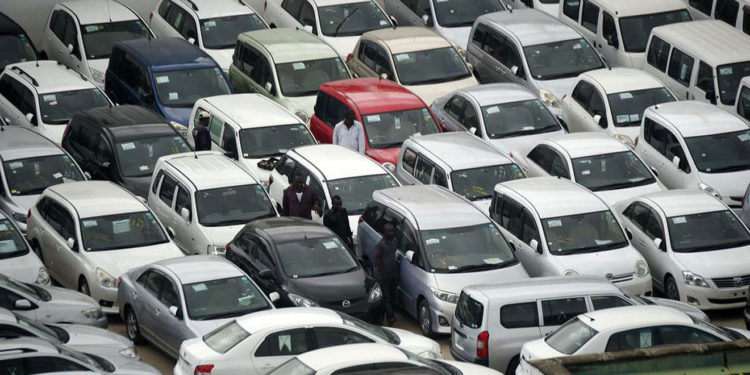The Kenya Revenue Authority (KRA) has been directed by the William Ruto administration to allow imported used vehicles to be stored in bonded warehouses for up to one year without the need to pay taxes. The move brings used vehicle imports onto the same level as new vehicle imports, which already enjoy the same privileges.
The KRA currently demands that used car importers pay all taxes estimated at almost 55% of the import cost and remove their units from container freight stations within 30 days. Failure to comply results in a one-month notice to clear the cars, or the risk of the vehicles being auctioned.
Bonded warehouses are premises licensed by the KRA that allow goods whose taxes have been deferred to be kept.
This new policy is part of the resolution of a multi-agency meeting on ease of doing business in Mombasa.
The elimination of upfront payment of taxes is expected to boost cash flows for dealers and ultimately ease pressure on used car prices, making car ownership more affordable. The move will be welcomed by individuals bringing in vehicles for their own use or for resale.
Read: Is The High Esteemed KRA Underperforming? Why?
The current scarcity of vehicles and weakening of the local currency have led to substantial price increases for used vehicles such as the Subaru Impreza, Toyota Vitz, and Volkswagen Golf.
This move is expected to encourage large volumes of imports by big players, reducing the need for everyone to buy from abroad and incur foreign exchange charges.
Although second-hand vehicles are listed amongst dutiable goods to be kept in bonded warehouses, dealers had claimed that the KRA had put restrictions on them and only allowed importers of new cars to enjoy the deferred tax benefits.
Also Read: The Adoption Of Technology Yielding Positive Returns For KRA
The law allows bonded warehouses, whose licenses are renewed annually, to extend the duration the goods are deposited in the premises for a further six months or such other period subject to discretion by the KRA’s Commissioner for Customs. This means an importer can defer payment of taxes for up to one year.
The move is part of the Ruto administration’s plan to ease the cost of doing business in the country, with the Port of Mombasa being a key node in trade for the seven-nation East African Community bloc.
Email your news TIPS to editor@thesharpdaily.com















